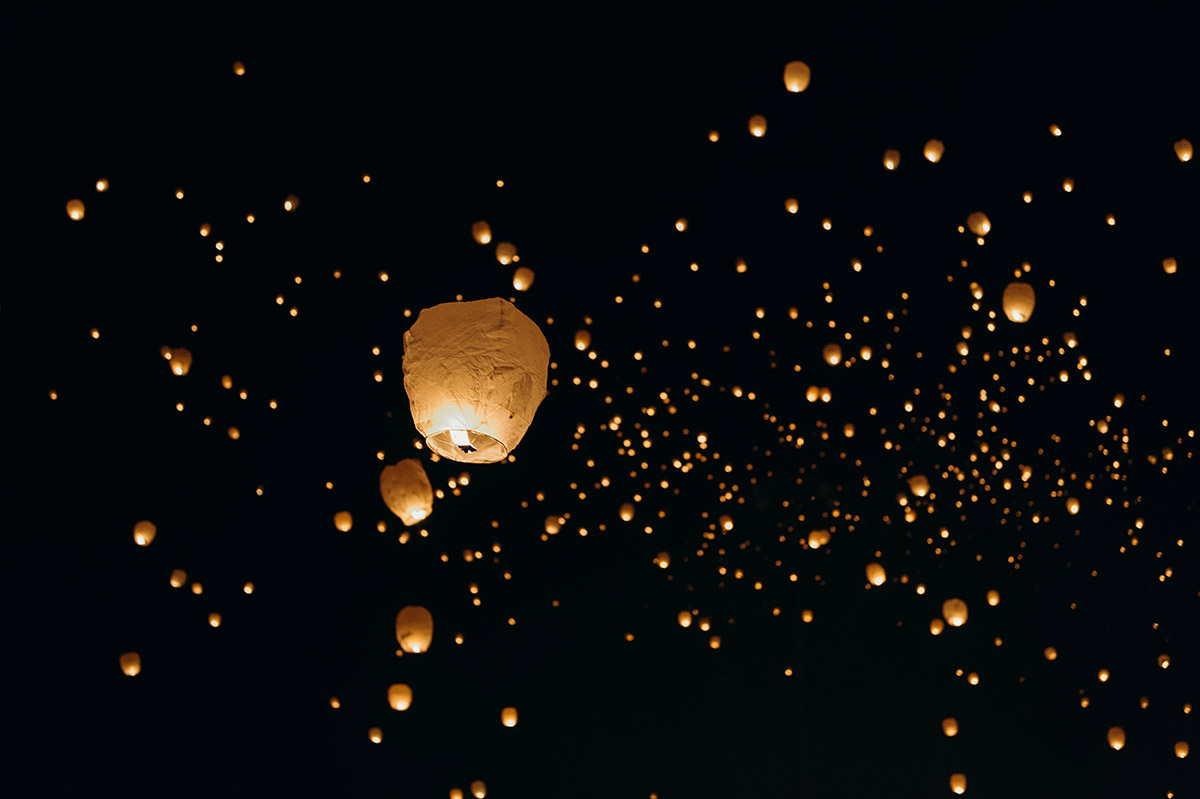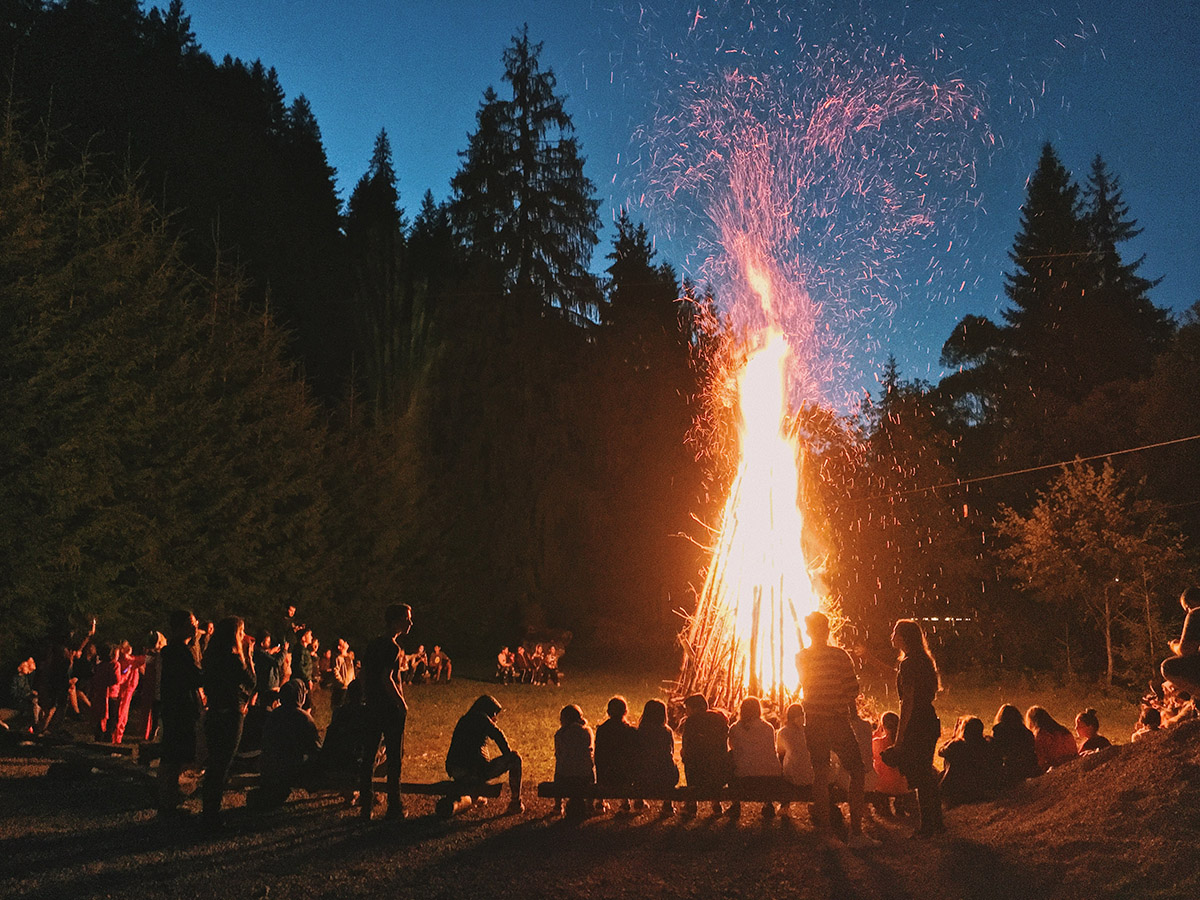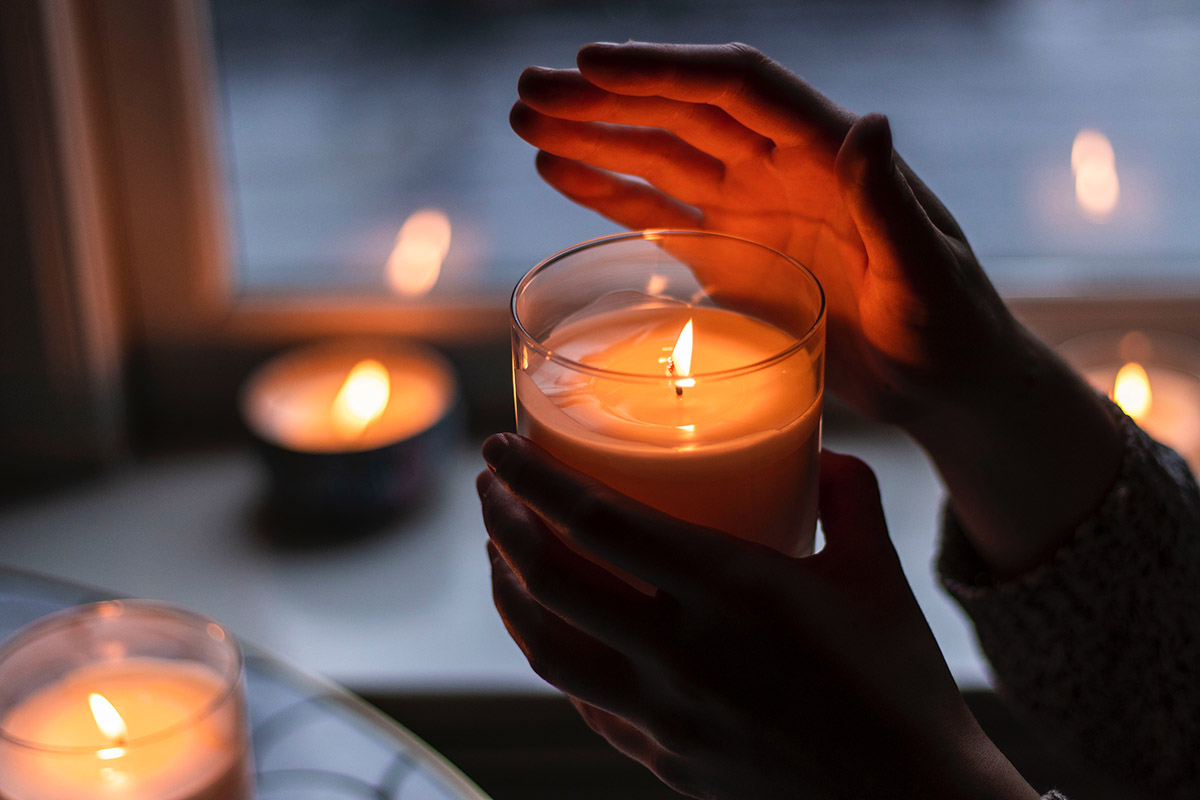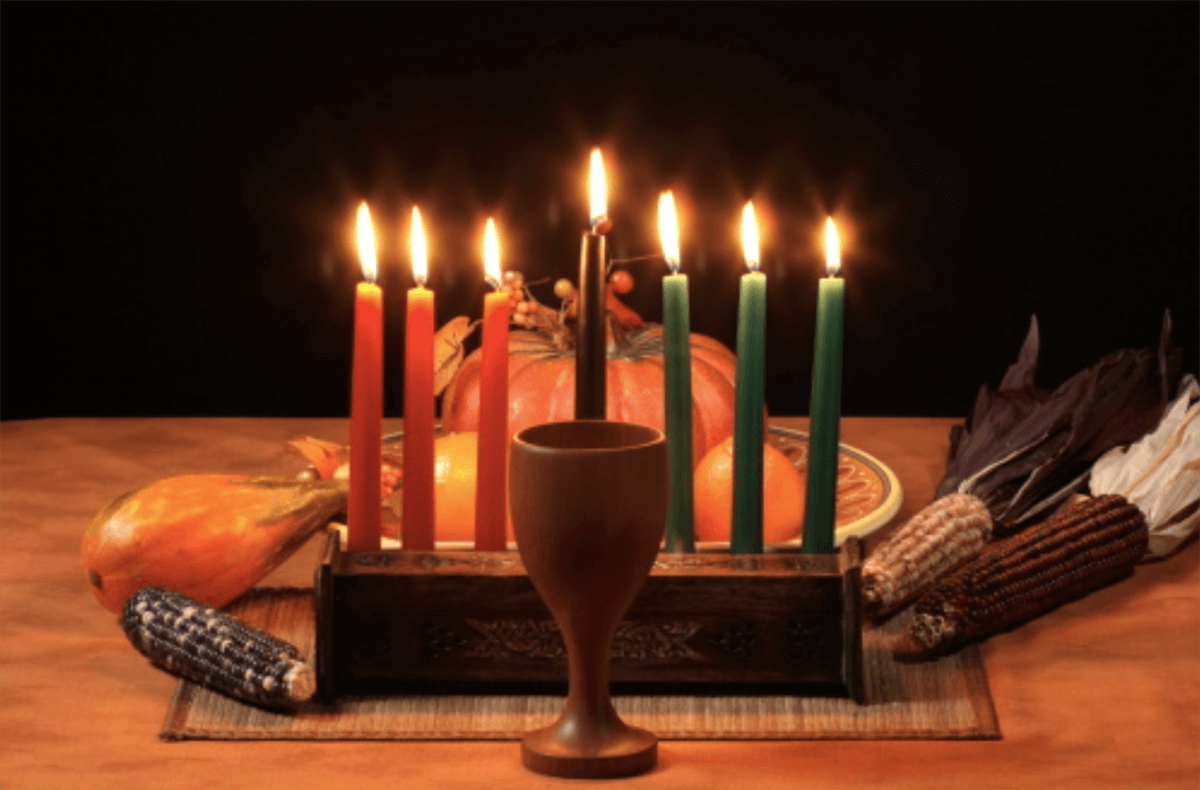You help us change the world every day of the year, but it’s especially meaningful during the holiday season. Thank you for keeping the holidays bright for people everywhere.
As you read about holiday traditions around the globe, we invite you to add Kiva to your own giving traditions. Donating to Kiva helps us cover the cost of loans to new borrowers, groundbreaking projects, and so much more.
Read on to learn more about unique holidays from around the world, taking place in the very communities you support year-round.
Nochebuena
This December 24th holiday is celebrated across many Spanish-speaking countries. And probably by Kiva lenders and borrowers you’ve supported before!
One of our favorite parts of Nochebuena is the food. Since it’s celebrated all over the globe, the cuisine of Nochebuena can vary. But, like most great holidays, there are a few key dishes that you simply can’t skip over:
-
Lechón — slow-roasted pork, usually found at the center of the dinner table
-
Pasteles — a tamale-like dish made from plantains
-
Bacalao (salt cod) and other fresh seafood
-
Arroz con leche — a dessert similar to rice pudding
Nochebuena is a holiday you can hear. What does it sound like? Villancicos, of course! Villancicos, also known as carols, are sung with family members in the evening time and are usually paired with neighborhood street parties.
Launching lanterns, playing dominoes, and dancing bomba, salsa, or merengue are all part of the Nochebuena fun! Later, religious observers attend a midnight mass, or Misa de Gallo.
Many families finish the celebrations off with one last tradition before bed: staying up late and opening presents some time after midnight! Luckily, the 25th is often a much quieter day, perfect for catching up on missed rest.

Koliada
Long ago, Koliada, or Koleda, began as a Slavic festival that marked the Winter Solstice.
The purpose of Koliada was to prepare for the upcoming new year and lift people’s spirits during the final days of winter (which are particularly cold in Eastern Europe!).
Some things have changed, but a majority of Koliada traditions continue to be influenced by their ancient roots to this day.
The holiday also involves plenty of door-to-door caroling. Traditional Koliada folk songs are still commonly known throughout Eastern Europe and passed down through generations.
For most people who celebrate Koliada, the most important part of the holiday is the bonfire. Friends and family gather around the bonfire to sing, dance, and eat together. Be sure to pay attention to the fire, though—the further the sparks fly into the air, the more fruitful the coming year is supposed to be!

Bodhi Day
Bodhi Day is a holiday traditionally celebrated by practicing Buddhists. The celebrations are dedicated to Buddha (Siddarth Gautama) and last for 30 days, starting on December 8.
Each of the 30 days is marked by meditation, lighting candles, decorating fig or ficus leaves with ornaments, and putting good deeds and kindness at the forefront.
The traditional meal of Bodhi Day is a combination of rice and milk. This meal is also a gesture of honoring Buddha because, according to Buddhist legend, it is the first thing he ate following the long fast that ended in him reaching enlightenment.
Regardless of religious beliefs, the meaning of Bodhi Day and the 29 days following can be meaningful for anyone.
Bodhi Day is much quieter than most other holidays and focuses on reflection. As the new year approaches, early December is a great time to sit back and enjoy everything the previous year offered, and all that the next will bring!

Kwanzaa
Kwanzaa is a celebration of Black and African-American culture and heritage in the U.S. The holiday lasts a week, from December 26 to January 1, mirroring when many African nations have their annual harvest festivals.
Maulanga Karenga founded Kwanzaa in 1966 to create a holiday for Americans to celebrate and honor their African roots. He purposefully chose to align Kwanzaa with the harvest festivals in Africa because they, too, are centered around community, family, and culture.
There are so many ways to celebrate Kwanzaa. Some of our favorite traditions include:
-
Decorating the house with colorful African cloth, like kente
-
Eating potluck-style feasts with family and friends
-
Listening and dancing to traditional music
Each night of Kwanzaa, family members gather and light one of seven symbolic candles. On the final evening, a karamu (banquet-style party) brings a bunch of celebrating families together for music, dancing, and of course, a big feast!

Utamaduni Day
In Kenya, Utamaduni Day is a special holiday dedicated to celebrating unity within the country.
Like many countries around the world, Kenya has a deep, rich history that molded the nation we know today. Utamaduni Day, also referred to as Cultural Day, provides Kenyans with a break from work and school to simply appreciate their cultural ties to both their land and one another.
Celebrations during Utamaduni Day are centered around volunteerism and community service. Kenyans are encouraged to use the day to involve themselves in the betterment of their communities.
It’s all about honoring your country by helping the people who inhabit it with you—your family, friends, neighbors, and even strangers.
There’s a beautiful lesson to be learned at the core of Utamaduni Day. We are all inhabiting the same mutual spaces. Regardless of if that space is a house, town, country, or planet, the mere fact that we’re sharing is reason enough to show kindness to everyone around you.
Celebrate with Kiva!
What does each holiday tradition around the world have in common? They’re all centered around gratitude and love.
When you support Kiva’s impact, you improve people’s livelihoods and ensure they have plenty to be thankful for. A child’s education, a family’s dairy farm, a small business owner’s inventory, a loved one’s medical bills—these are the things that matter most.
The Kiva community is growing every day. This means your donations support so much more than just our growth, they’re supporting tomorrow’s future.
With your donations, we can reach even more borrowers next year. Keep Kiva running by donating today!
Want to know more about what your donations do? Read on here!
PREVIOUS ARTICLE
Thank you from Kivans! →NEXT ARTICLE
Have you ever wanted to shop from U.S. borrowers? →















